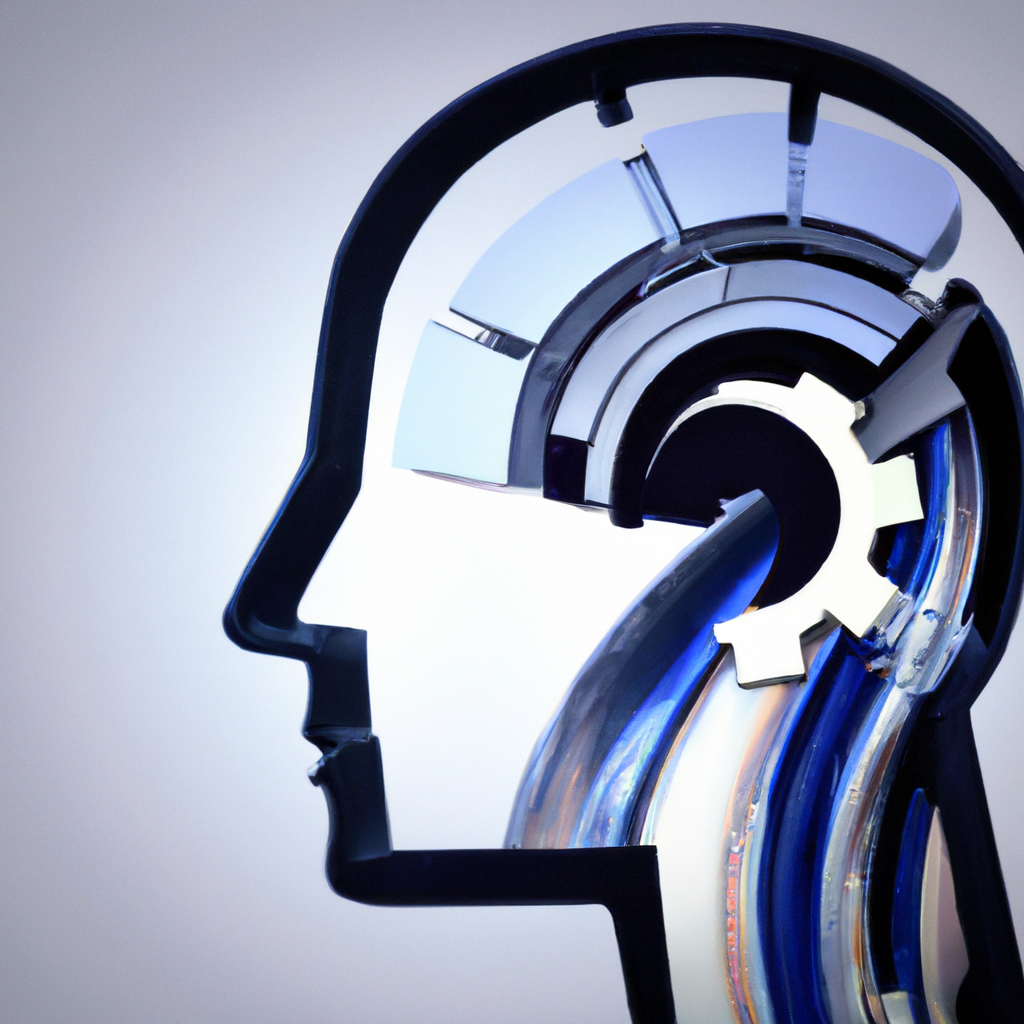Michio Kaku, a theoretical physicist, believes that the public’s concern over future AI technologies is misguided.
The futurologist asserted in a Sunday interview that chatbots like OpenAI’s ChatGPT will boost productivity and benefit society. The programmes, which he refers to as glorified tape recorders, have, however, mostly been the subject of negative attention due to fear.
He claimed that it splices together fragments of human-created content from the web and presents it as its own work. And people are exclaiming, “Oh my God, it’s a human, it looks human.”
He added that chatbots cannot distinguish between true and untrue; that information must be entered by a human.
Kaku asserts that humanity is currently in the second stage of its computer evolution. The first was the analogue stage, during which we computed using levers, pulleys, gears, stones, sticks, and thread.
He claimed that after that, around World War II, we shifted to transistors that were powered by electricity. It facilitated the creation of the microprocessor and influenced the current digital environment.
However, this digital environment relies on the concept of two states, such as “on” and “off,” and employs binary notation made up of zeros and ones.
According to Kaku, Mother Nature would mock us because she doesn’t utilize zeros and ones. Mother Nature uses electrons, electron waves, and waves that form molecules to calculate. And for that reason, stage three has begun.
He thinks that quantum technology will represent the next development in technology.
The processing capability of a computer can be greatly increased by using quantum computing, a new technology that makes use of the different states of particles like electrons. Quantum computers make use of different states of vibrating waves rather than two-state computer processors. It enables them to analyze and solve issues considerably more quickly than conventional computers.
A number of tech behemoths, including IBM (IBM), Microsoft (MSFT), Google (GOOG), and Amazon (AMZN), are creating their own quantum computers and have allowed a number of businesses access to use their technology via the cloud. Businesses might benefit from the computers’ assistance with supply chain logistics, machine learning, and risk analysis.
Kaku added that quantum computing might benefit healthcare in addition to its use in business. These diseases are molecular in nature and include cancer, Parkinson’s, and Alzheimer’s. We must master the language of nature, which is the language of molecules and quantum electrons, in order to be able to treat these diseases.








